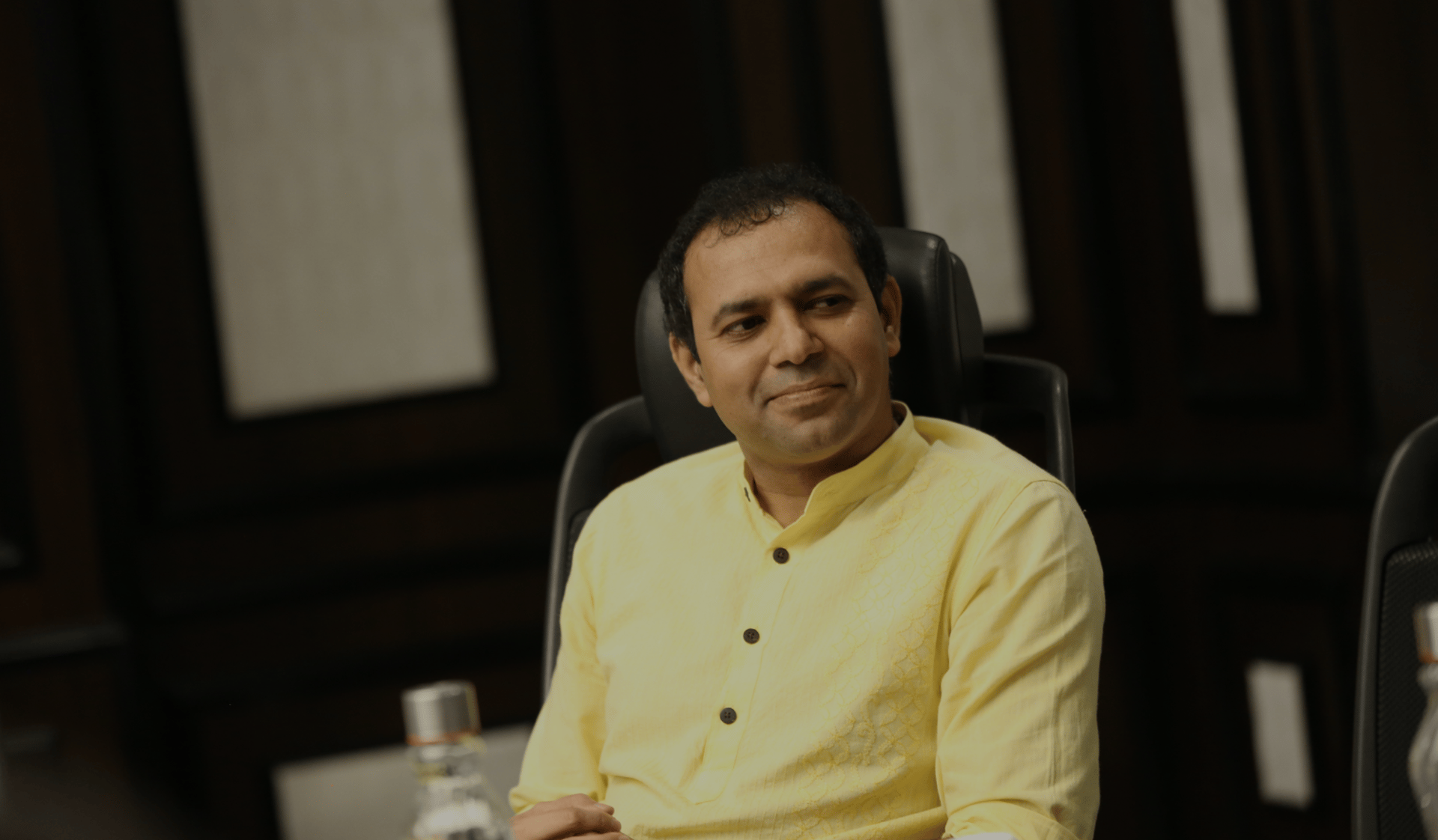
Roundtable on Technology for a Sustainable Forest Economy
01.12.22
The Initiative on the Forest Economy (IoFE), led by the Bharti Institute of Public Policy (BIPP) at the Indian School of Business (ISB), convened a roundtable titled ‘Technology for a Sustainable Forest Economy’ in November 2022. The session brought together senior scientists and faculty from leading research and technology institutions.
About the Event
Prof. Ashwini Chhatre, Executive Director, BIPP–ISB, outlined his vision for a thriving forest economy model anchored in secure tenure. He emphasised that technological innovations, both digital and mechanical, will be essential to its success. The model, he noted, has the potential to benefit industries, the macro economy, forest-dependent communities, and the sustainable management of forest resources.
He described the forest economy as vibrant yet often invisible and highly seasonal. Despite its informality, it contributes significantly to non-farm income, particularly for vulnerable communities. Formalising the first mile of the forest products supply chain through stronger market linkages, he argued, could generate stable incomes while improving sustainability.
To address these challenges, the proposed forest economy model rests on three pillars: tenure security, economies of aggregation, and market linkages. BIPP–ISB, in collaboration with other academic and technological institutions, is developing digital and mechanical solutions to maximise value at the source. Aggregating forest products and adopting customised technological processes can improve efficiency, reduce costs, and enhance value creation.
Within this framework, Prof. Chhatre highlighted the paper and pulp industry as a significant market for forest-based products. Over the decades, the sector has evolved to meet diverse needs in daily life. The continuing rise in paper use underscores the urgency of applying technological and digital solutions to ensure the sustainable management of forest resources.
Finally, he stressed that the business model must be functional for the benefit of forest-dependent communities, industries, governments, and the forests themselves. By adopting innovative process optimisation and wealth-creating technological solutions, the model aims to enhance efficiency, cost-effectiveness, and long-term value at the source.
Forest Economy Model
Representatives from the Centre for Environmental Planning and Technology(CFPT) supported the vision of a forest economy enabled by digital technology. They highlighted its role in improving accessibility, first-mile sourcing, transportation, forest management, and demand–supply planning. Remote sensing technologies, geographic data collection, and high-frequency satellite imagery were identified as key tools for resource identification.
The National Innovation Foundation (NIF) representatives discussed the knowledge of herbs and medicines among forest-dependent communities. They stressed the importance of documenting traditional practices, supporting grassroots innovators, validating innovations, and helping transform them into commercially viable products.
Experts from the Indian Institute of Technology (IIT), Mumbai, shared their work on agricultural value chains, product value creation, and optimising biorefinery inputs. They underscored the importance of assessing the type, origin, accessibility, and commercial feasibility of raw materials before replacing conventional industrial inputs. They also noted the challenges of designing adaptable technologies. For example, integrating sensors and displays in machines could enable locally customised solutions that suit specific community and ecological needs.
Perspective from Stakeholders
Participants collectively agreed on the need to optimise technologies for the collection, scalability, and production of forest-based products. They emphasised the importance of government support in financing, transporting, and installing machines for processing and waste management.
Developing an inventory of forest resources emerged as a key recommendation. Effective data management, in cooperation with state forest departments, was considered critical for creating relevant technological solutions. Participants suggested training local communities in geotagging, building infrastructure for product analysis, and ensuring tribal inclusivity. They also discussed experimenting with large-scale data capture, using drones, and applying innovative technologies to improve transparency and efficiency.
Delegates further agreed that accurate forest inventories and transparent data systems form the foundation of a sustainable forest economy. Technology must be harnessed not only for industrial efficiency but also for equitable community benefits. Prof. Chhatre concluded by stressing the importance of tenure security and equitable wealth distribution. He noted that women, as the main actors in the invisible forest economy, must be placed at the forefront of the business model. A well-defined strategy that ensures gender equity, community incentives, and responsible forest management will be central to creating a sustainable and inclusive forest economy.
Way Forward
Prof. Abhijit P Deshpande, Head, Rural Technology Action Group (RuTAG), IIT Madras
Prof. Amit Y Arora, Centre for Technology Alternatives for Rural Areas (C-TARA), IIT Bombay
Mr Imran Shekh, Senior Scientist, Central Mechanical Engineering Research Institute (CMERI), Durgapur
Mr Mahesh Patel, Senior Principal Scientist, NIF, Department of Science and Technology (DST), Ahmedabad
Ms Neha Mudaliar, International Finance Corporation
Prof. Satish B Agnihotri, C-TARA, IIT Bombay
Mr Satyendra Rao, Head, Technology Transfer, Central Food Technology Research Institute (CFTRI), Mysore
Dr Shaily Gandhi, Programme Chair, Geomatics, Centre for Environmental Planning and Technology (CEPT), Ahmedabad
Dr Subrata Kumar Mandal, Senior Principal Scientist, CMERI, Durgapur
